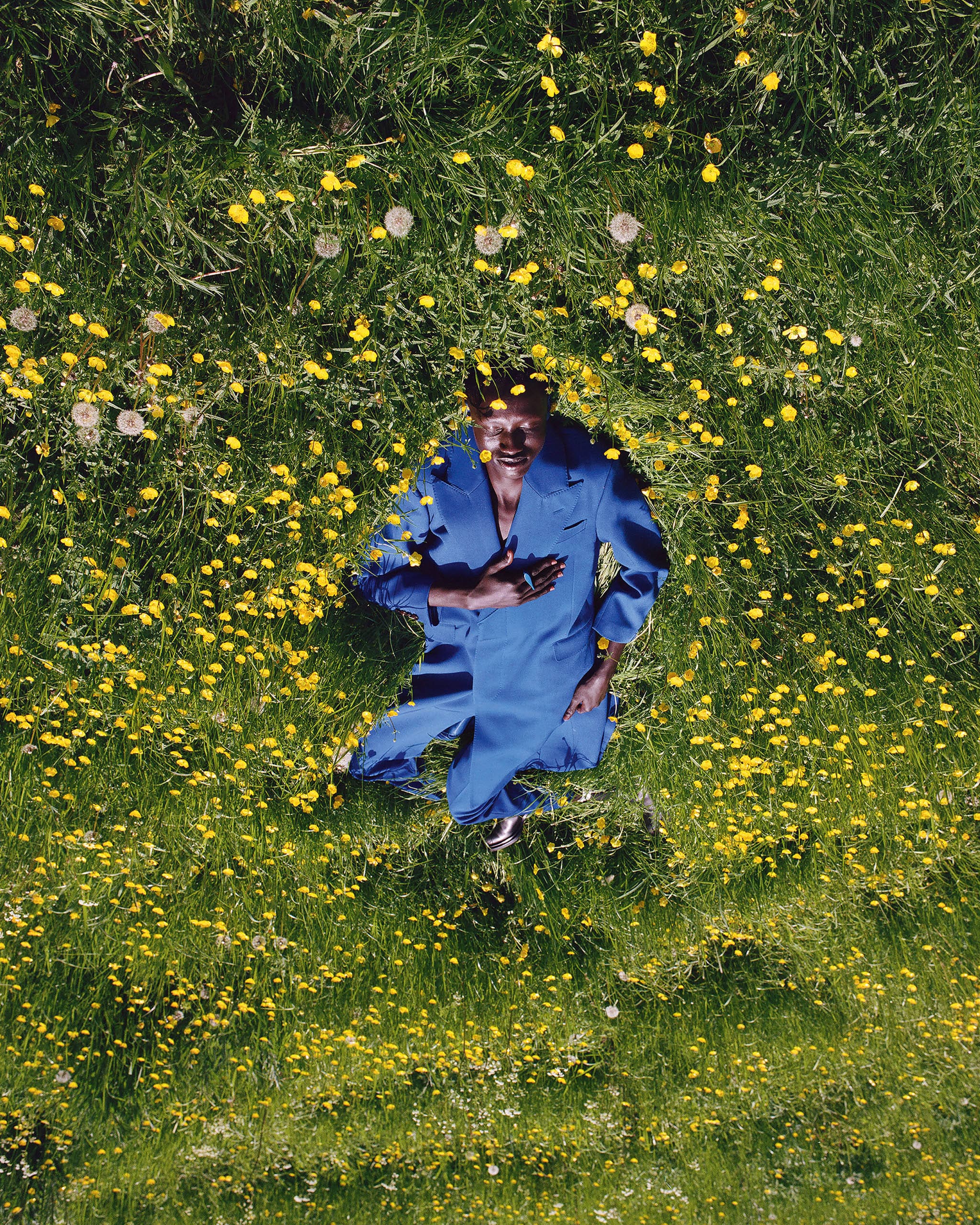Photo by Tim Kerber
When we make time for sleep, good things follow. Thrive founder and CEO Arianna Huffington lays down all its benefits.
In many ways this is the golden age of wellness. Awareness that our well-being and our success are deeply connected has never been higher. We’re bombarded daily with technology and life hacks and new products that promise to transform our lives with more productivity, more efficiency, more happiness, more of everything we want in life. But the fact is that the miracle product is already here—it’s one that’s always been here, and it’s free: sleep.
It’s also available to all of us. Sleep is one of humanity’s great unifiers. It binds us to one another, to our ancestors, to our past and to the future. No matter who we are or where we are in the world and in our lives, we share a common need for sleep. And it can improve virtually every aspect of our lives. That’s why at Thrive, sleep is one of our core journeys of behavior change, along with food, movement, focus, stress management, connection and money.
Though our need for sleep has been a constant throughout human history, our relationship to sleep has gone through dramatic ups and downs. And I’m certainly no exception, having learned the value of sleep the hard way.
My own personal wakeup call began very abruptly on April 6, 2007. The first thing I remember that morning is finding myself lying on the floor of my home office in a pool of blood. It was my own, as it turned out. I had collapsed from exhaustion and lack of sleep. On my way down, my head had hit the corner of my desk —cutting my eye, which required five stitches —and breaking my cheekbone.
In the next few days, I learned that doctor’s waiting rooms are good places to think. I ended up asking myself a lot of questions about what kind of life I was living. And in the weeks that followed, I renewed my estranged relationship with sleep. I became passionate about the small daily (or nightly) miracle of sleep and what it can do for us. I realized we were also in a golden age of sleep science.
Study after study has confirmed how essential sleep is to every aspect of our physical well-being, our mental well-being, our job performance, and our relationships.
“It’s like a dishwasher. The brain only has limited energy at its disposal, and it appears that it must choose between two different functional states—awake and aware or asleep and cleaning up.”
Getting the recommended amount of quality sleep (which for most adults is seven to nine hours per night) affects our decision-making, problem-solving, memory, creativity, focus, attention, and energy. Who wouldn’t want more of all of those? And the converse is also true. From heart disease, high blood pressure and obesity to depression and anxiety, the dangers of inadequate sleep are nearly endless.
One of the most surprising things I discovered is how incredibly active the brain is during sleep. We think of sleep as a time of rest and inactivity. And it is for much of your body—but not your brain. While we sleep our brain is in a state of intense activity. It’s performing vital functions like consolidating memories and clearing out toxic waste proteins (the kind associated with Alzheimer’s).
One of my favorite metaphors for what’s going on while we sleep comes from Dr. Maiken Nedergaard, from the University of Rochester, who described it this way: “It’s like a dishwasher. The brain only has limited energy at its disposal, and it appears that it must choose between two different functional states—awake and aware or asleep and cleaning up. You can think of it like having a house party. You can either entertain the guests or clean up the house, but you can’t really do both at the same time.”
Sleep is even connected to our ability to control our weight. If we’re sleep-deprived, we enter a vicious cycle: we’re more likely to crave sugary foods and other refined carbs, which in turn deplete our energy and make it harder to get the sleep we need. Also relevant in a time of pandemics—not only does getting enough sleep boost our immune system on a continuous basis, but sleep also plays a big role in how much protection we get from vaccines.
But even though we now know more about sleep than at any other time in history, and how important it is to every aspect of our physical, mental, emotional, and spiritual well-being, actually getting enough sleep is harder and harder to do.
And here’s another paradox: while advances in science and technology have allowed us to discover all the great things that happen while we sleep, technology is also one of the main reasons our relationship to this fundamental part of our existence has become so difficult.
But of course, it’s not just technology that’s coming between us and the sleep we need. Too many people are still hanging on to the outdated and collective delusion that sleep deprivation (and all the negative consequences that go with it) is simply the price we have to pay for success. In our busy, over-scheduled lives, sleep is an easy target.
But as the science shows, if we want true success—along with better physical and mental health—sleep should be a non-negotiable.

At Thrive, the foundation of our behavior change platform is microsteps— too-small-to-fail steps you can take to immediately begin improving your life.
And here are five of my favorite microsteps for sleep: One, pick a time at night when you turn off your devices, and gently escort them out of your bedroom! Our phones are repositories of everything we need to put away to allow us to sleep—our to-do lists, our inboxes, multiple projects and problems. So charging our devices in another room allows us to wake-up as recharged as our phones.
Two, declare an end to the day, even if you haven’t completed your to-do list. Effectively prioritizing means being comfortable with incompletions. Once you’ve handled the day’s essential priorities, recognize that it’s almost impossible to do all you could have done in any one day. Declaring an end to the day will allow you to get the sleep you need in order to return to work the next day ready to seize opportunities. Three, wear dedicated sleepwear to bed. I used to sleep in workout clothes—but think of the mixed message that sends to our brains. Sleeping in clothes meant only for sleep sends a sleep-friendly message to your body. Four, and here’s one for the morning: get some sunlight within the first hour after you wake up. Circadian rhythm research shows that this helps us stay alert and get our bodies on a consistent schedule, which means better, more consistent sleep. Five, and finally, write down three things you’re grateful for in a nightly gratitude journal. This will lower stress levels, give you a greater sense of calm at night, and help you fall asleep.
What I can tell you from experience is that once you see the benefits of getting more sleep, and feel the positive results in your life, it becomes a lot easier to move it up the priority chart and make the time for the small miracle of sleep.
Stylist: David Evans. Makeup & Hair: Theresa Davies. Model: Jum of Models 1 London. Full Look: Alexander McQueen

